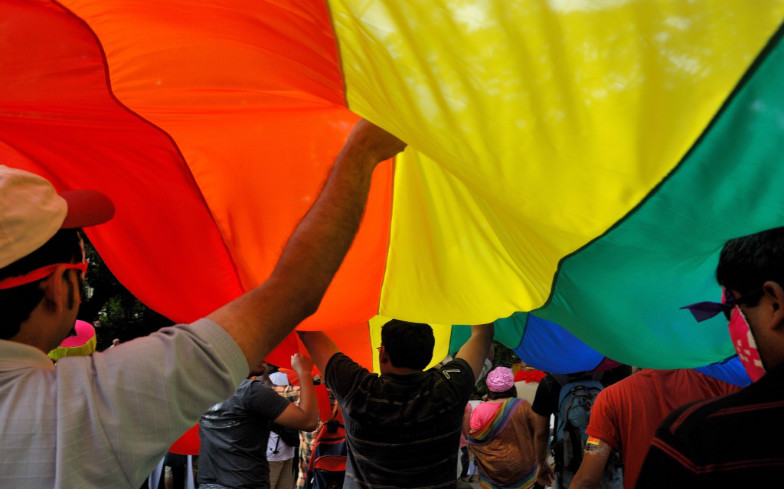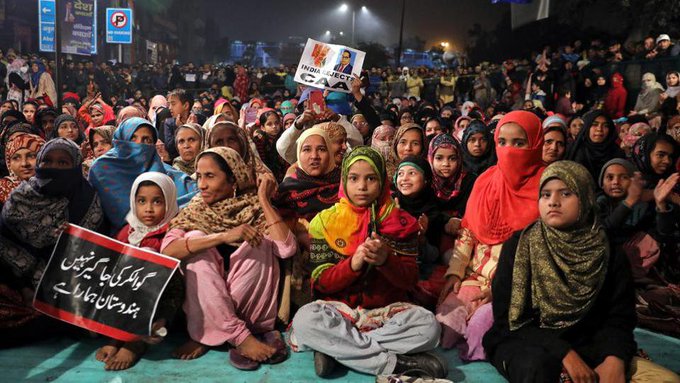September 6, 2019 marked the first anniversary of the historic Supreme Court judgement which decriminalised Section 377 in India. The Supreme Court, in its 495 page-long judgement, ruled that the application of Section 377 to consensual homosexual sex between adults was unconstitutional, “irrational, indefensible and manifestly arbitrary”, but that Section 377 remains in force relating to sex with minors, non-consensual sexual acts, and bestiality.
About Section 377
Section 377 of the Indian Penal Code, 1860 refers to ‘unnatural offences’ provision and states that whoever voluntarily has carnal intercourse against the order of nature with any man, woman or animal, shall be punished with imprisonment for life, or with imprisonment of either description for a term which may extend to 10 years, and shall also be liable to pay a fine.
Looking back at how it all started…
The issue of Section 377 was first raised by a Delhi based NGO Naaz Foundation, which had approached the Delhi High Court in 2001 seeking legalisation of homosexual intercourse between consenting adults. The Delhi apex court then, in 2009, decriminalised sex between consenting adults of the same gender by holding the penal provision as “illegal”.
This ruling was later overturned by the Supreme Court of India in Suresh Kumar Koushal vs. Naz Foundation, in which a 2 judge bench reinstated Section 377 of the Indian Penal Code. However, even that was overturned by a 5 judge bench in Navtej Singh Johar v. Union of India in 2018, finally resulting in decriminalization of homosexuality once again.
What it meant for the Indian LGBTQ community?
“History owes an apology to the members of the LGBTQIA+ community and their families for the delay in providing redress for the ignominy and ostracism they have faced through the centuries,” said Indu Malhotra, one of the five judges of the Supreme Court’s Constitution Bench while delivering the historic Navtej Johar judgement.
When Section 377 of the Indian Penal Code—a statute loaded with Victorian morality that barred intercourse that does not lead to procreation—was read down in 2018, consensual relations involving the LGBTQIA+ or Lesbian, Gay, Bisexual, Transgender, Queer, Intersex, Asexual and non-heteronormative identities, no longer remained criminalised in India. The community became legally ‘free to express desire’, and assert their constitutional freedom.
The move was also significant in the Indian history as it marked our transition from a society where transgender, intersex, lesbian, gay, bisexual and gender non-confirming persons were treated as criminals to the constitutional recognition of the rights to sexual orientation, gender identity and gender expression.
The recognition of these rights, thus, holds importance not only for queer persons, but everyone, for it protects all our rights of self-expression, equality and autonomy.
Situation on ground today
In a recent report released by a Delhi based legal policy organization, Vidhi Centre for Legal Policy, it was found that a queer person’s rights were still deficient in the domains of identity, violence, family and employment.
Akshat Agarwal, one of the Research Fellow of Vidhi Centre for Legal Policy, in the report argued, “While the decisions of the Supreme Court of India were momentous, it is now important to take the conversation forward and talk about the various laws that continue to exclude LGBT+ persons and deny their rights as equal citizens.”
The LGBTQ community, many findings highlight, still faces a long battle before their rights get fully recognised. The right to own and inherit property to the right to adopt and marry, the community continue to fight the legal battle for equality
Jayna Kothari, a senior advocate, in her article also argues, “decriminalisation is the first step towards recognition of equal rights, but the two cannot be conflated. The Navtej decision has to be followed by positive steps for equality. Transgender persons still face a number of legal barriers and LGBTI people continue to face discrimination, exclusion, abuse and harassment at work, school, health care settings and in public places.”
One of the reason, she further argues, is the absence of an equality and anti-discrimination statute that would protect persons from discrimination on different protected grounds. She also adds that the Transgender Persons (Protection of Rights) Bill, 2019 addresses transgender and intersex persons’ rights but does not cover the rights of equality and non-discrimination on the ground of sexual orientation.
The road ahead…
The petitioners and other members of the community argue that although Section 377 was read down on September 6, 2018, the legal battle for their civil rights has only just begun.
The right to own and inherit property, nominate their same-sex partners on hospital and insurance forms, and receive legal recognition of same-sex relationships and marriage form some of the main demands of the activists.
According to some activists, petitions pertaining to reservations for trans persons in government jobs and educational institutions, and seeking the formation of Transgender Welfare Boards are also in line.
The need of the hour, however, is an overarching legislation that guarantees equality to all persons on the basis of sexual orientation, gender identity and expression, sex, caste, religion, age, disability, marital status, pregnancy, nationality and other grounds. Moreover we need an equality law to define what equality really means.
Until a general and legal concept of equality gets agreed upon, the battle against discrimination and social exclusion will continue to exist in our society, plaguing not only the social fabric but also constitutional principles of our country.














